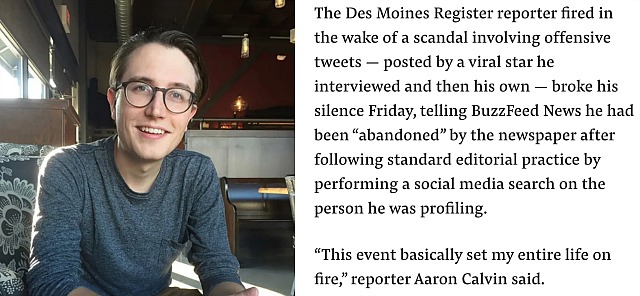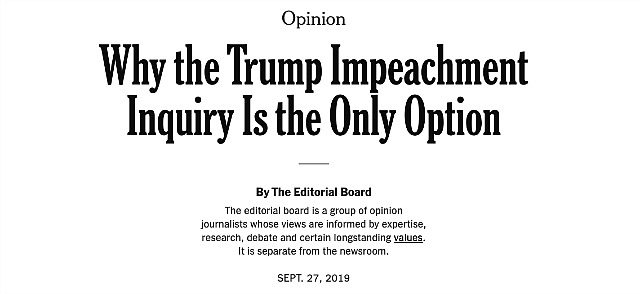Criterion’s Local Hero Bluray is so lovely, so sad, so fucking perfect in every way. Except for that tingly jingly phone ring in the last shot, which is just a notch too quiet.
This morning I watched this otherwise sublime Bluray with the sound all the way up on my set, and I’m sorry but I didn’t like what I heard. The jingle is not inaudible and I realize that the rings get a bit louder toward the end of the shot, but I own a big, fat 65″ Sony HDR 4K with good speakers and a sub-woofer on the floor, and I’m telling you (as I did on 6.17.19) that the phone jingles don’t really pop like they should.
Watch the below video capture. When Peter Reigert slides open his glass door we hear the churning, indistinct sound mix of nighttime Houston, except for a wailing cop siren in the distance. All Criterion had to do was make sure that the Ferness phone booth ring is as distinct as that cop siren. Because with Mark Knopfler‘s reverb guitar competing like a sonofabitch, those jingles are just a little too subtle and mixed down. Criterion needed to turn them up just a bit.
But they refused. They could have tweaked the mix during this one ten-second passage, but Criterion is too purist. I told them three months ago that they needed to address this and in fact begged them not to screw it up. They could’ve done the right thing but they declined. Thanks!
Strange occurence: I can hear the last two jingles more clearly on my YouTube capture than I can hear them on my TV with the sound all the way up. Weird.













